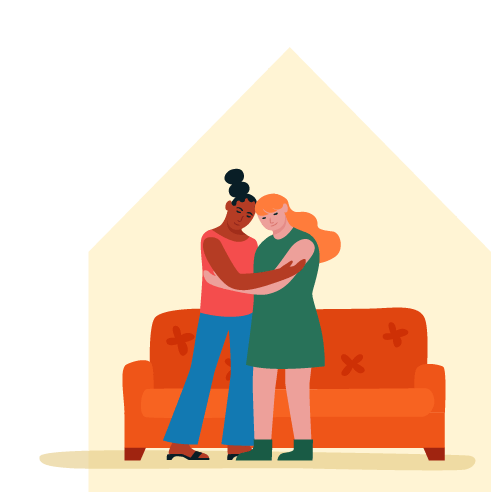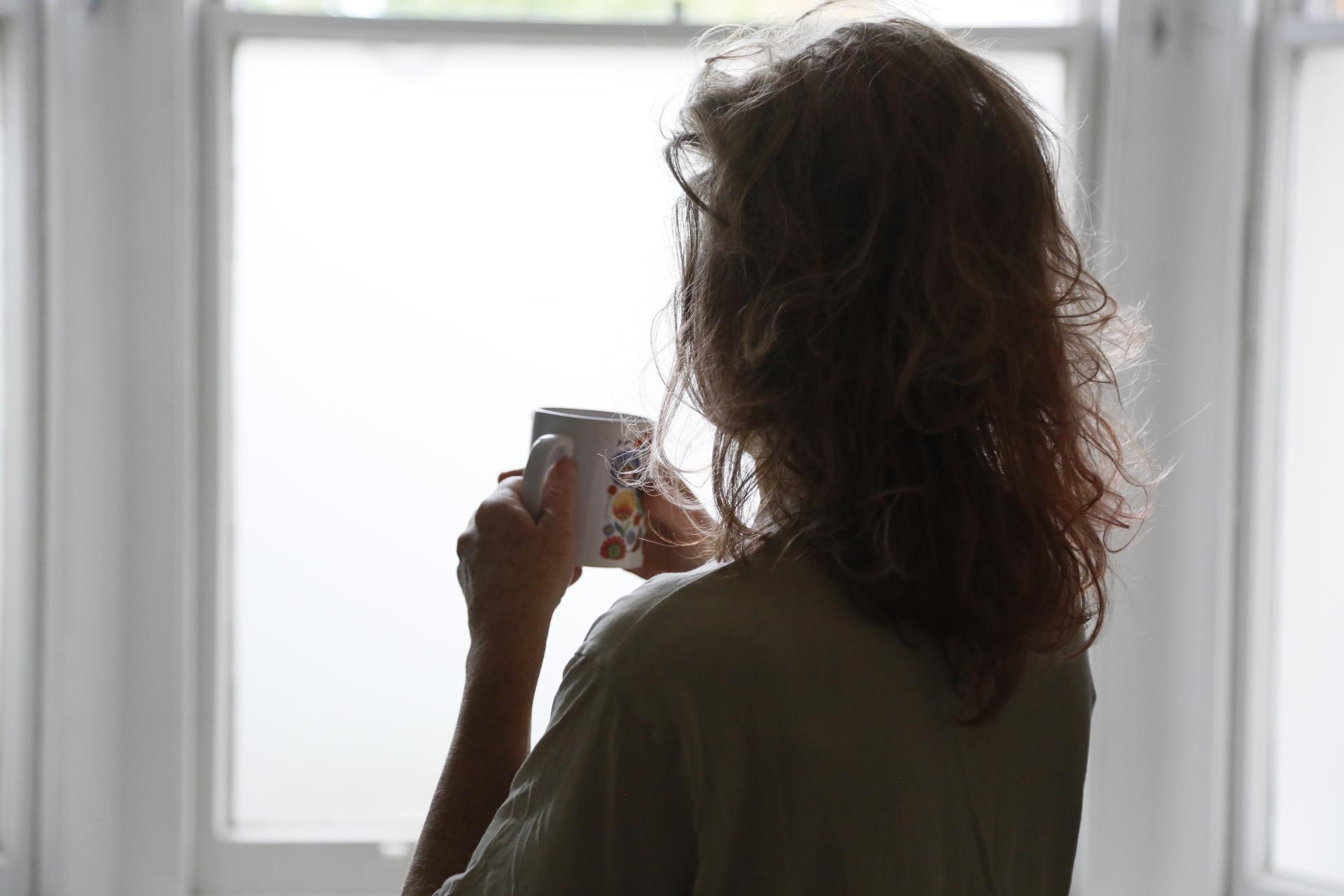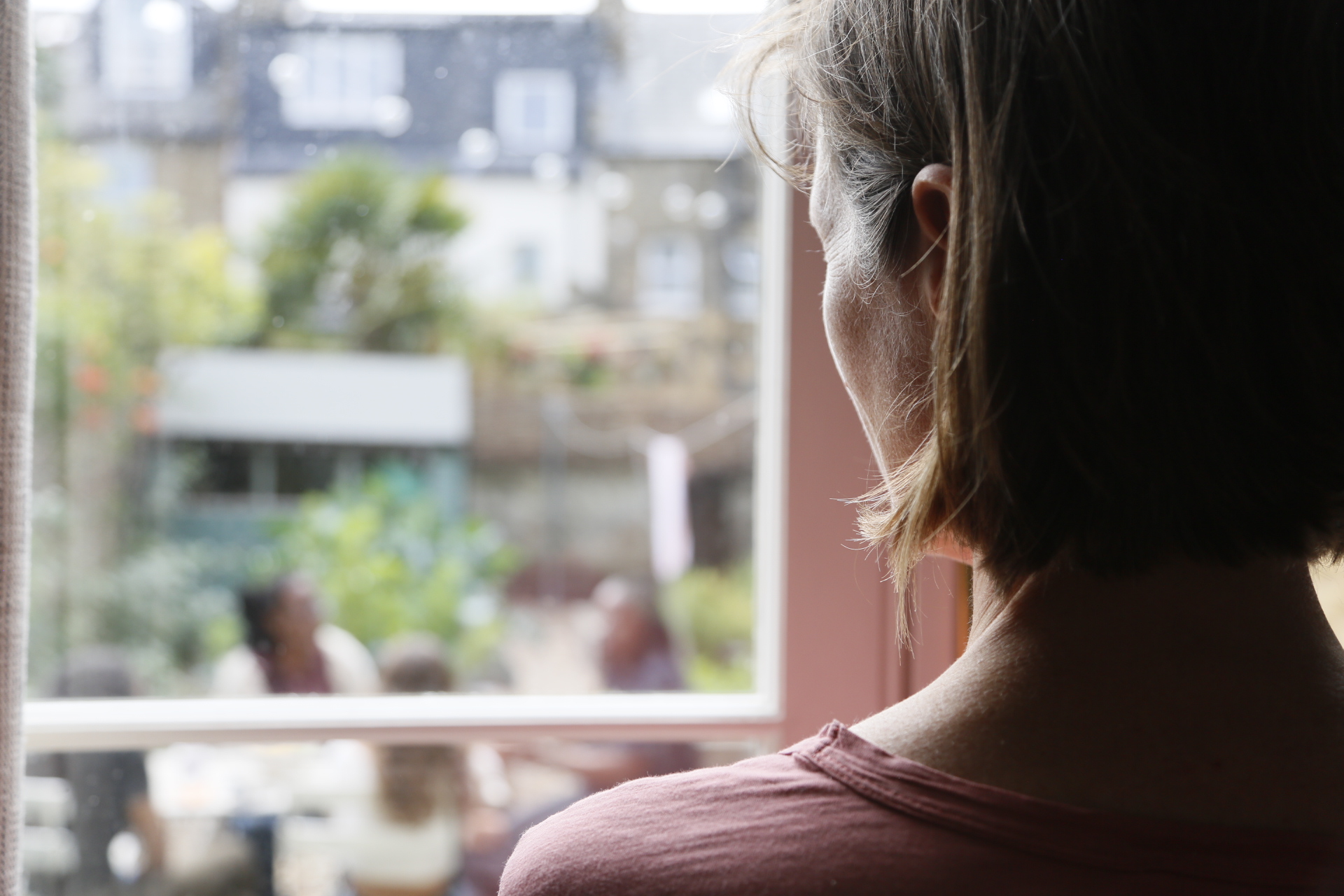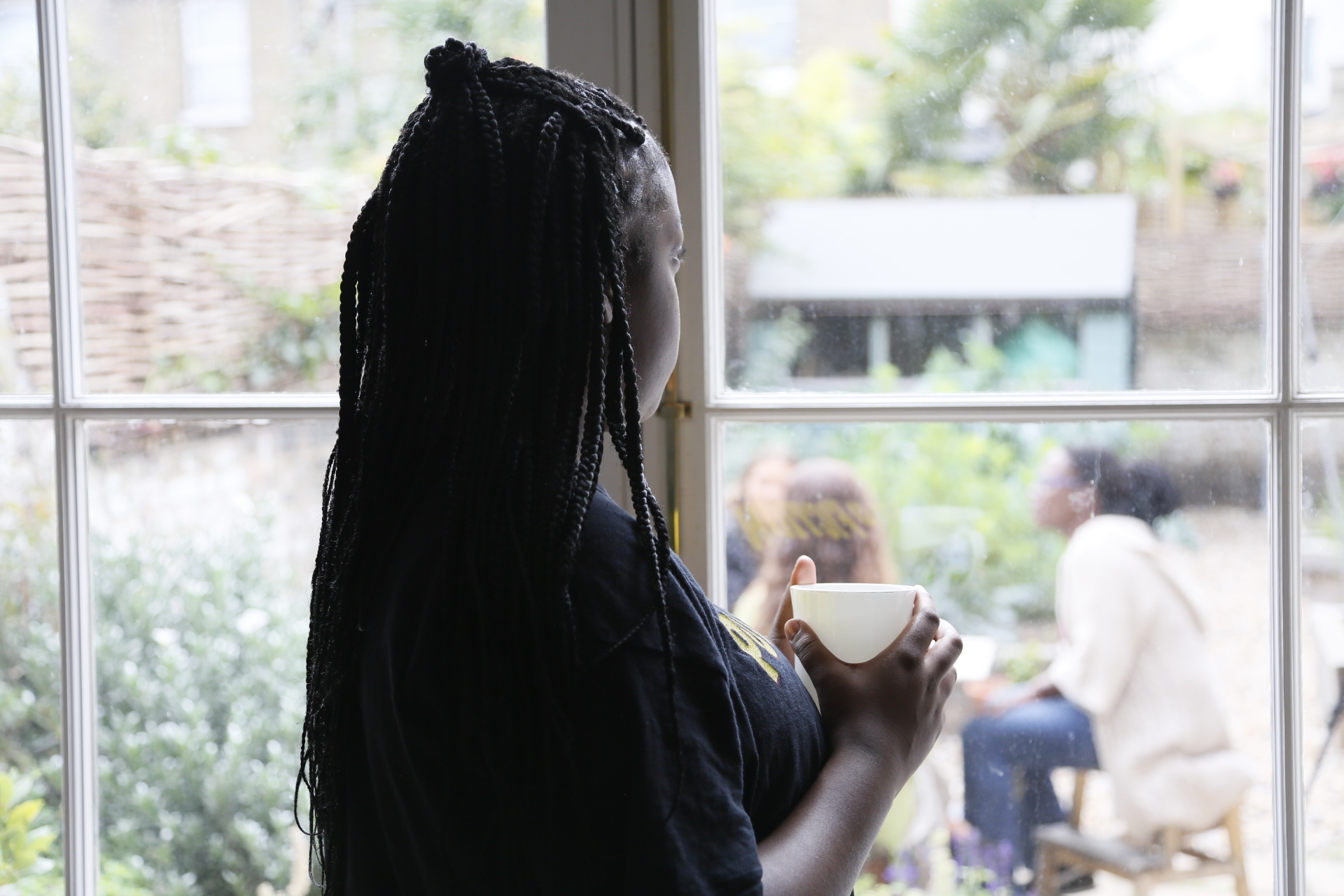Women and homelessness – a hidden crisis

Official statistics show that 15% of rough sleepers are women. But local organisations have the figure as high as 35%.
Since the pandemic began, with a shocking increase in cases of domestic abuse and mass job losses in hospitality, these numbers are rising further.
“By the time I’d reached eighteen, I’d already been physically attacked at school, I’d been physically attacked by my mum, I’d been raped three times and constantly sexually abused. I attempted suicide on several occasions because I didn’t trust any adult. I did not trust the care system.”
Woman, rough sleeping in London

The 18 Keys project provides a safe space for women to find the time and support they need to become independent again.
Current services for women are inadequate
With no more than one-per-borough, there simply are not enough highly supportive female-only spaces in London to meet demand.
We need your donations to ensure we can offer bespoke programmes of support at this vital sanctuary for women experiencing homelessness.

“There were six beds, just girls. But the girl in the room opposite across from me – she was not low-support – she was working as a prostitute, and she was heavily addicted to crack. When there was no staff, there was no one to prevent what was going on, so she was getting massively sexually exploited. There was a lot of violence as well. The whole house was getting used as a crack house.”
Sara, who stayed in a low support hostel in London
Complex mental health problems and high support needs
Women who are rough sleeping often report suicidal feelings. Many have been drawn into drug or alcohol addiction and have a complex set of mental health needs. Often highly distrustful of men, they also experience post-traumatic stress disorder (PTSD).
“I came out of foster care at sixteen and I was targeted by gangs. People were spiking my drink on a regular basis. I was exposed to further physical and sexual abuse… I fell pregnant and lost my baby. I binge-drinked for a really long time, and now I’ve had therapy, I realise that a lot of that was to do with my PTSD symptoms.”
Woman, sleeping rough in London

Giving women the support they need
Women in these circumstances need to work through their issues in a stable, supportive environment. They need a space they can call their own and room to sit and talk to other women. They need the time it takes to recuperate.
Activities such as meditation, cooking and gardening can help, especially when women can choose to participate on their own terms. Access to professional services is also important, so women can recover and begin to build new lives.
18 Keys will be a high support, trauma-informed facility, offering all these things. It will provide stability and sanctuary, enabling women to recover and rebuild. When the time comes, it will support them to make the transition to independent lives in new accommodation.
